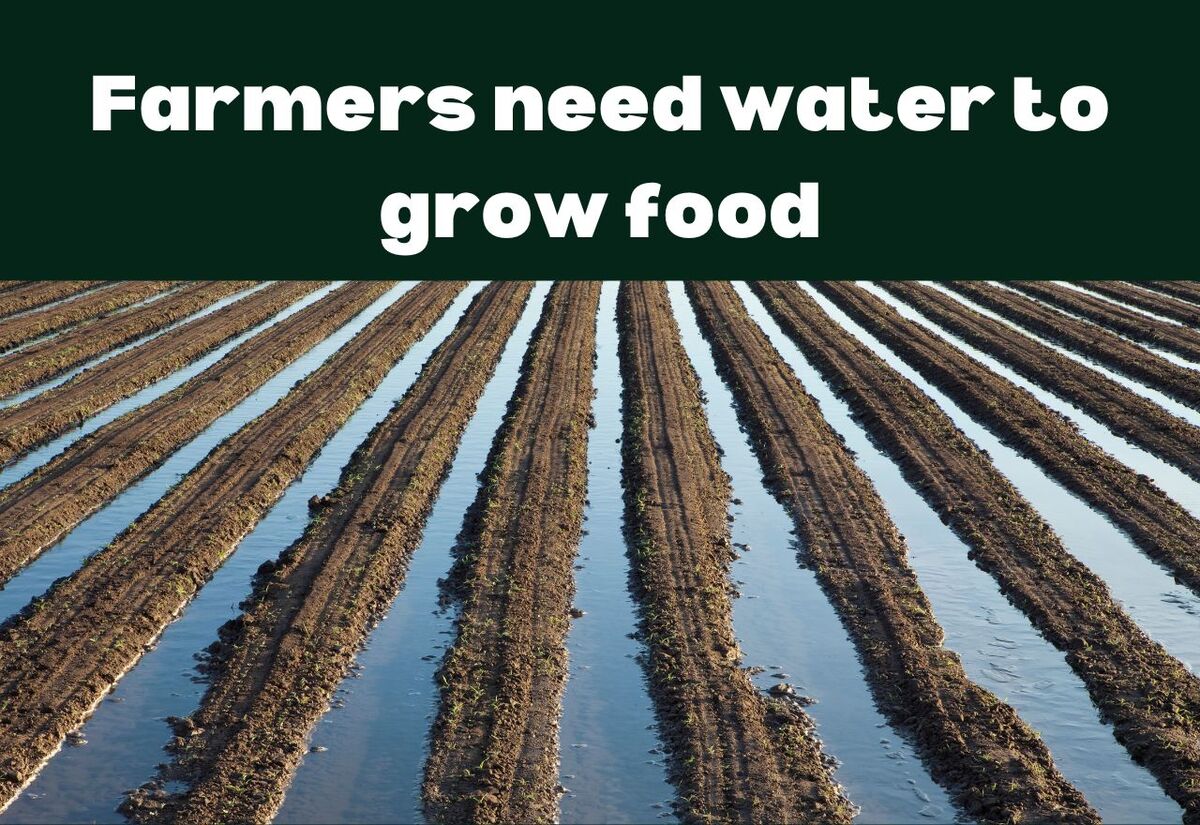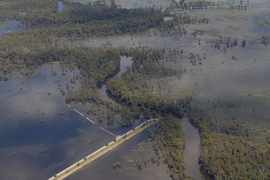MRSG “Farmers need water to grow food”
Krista Schade
18 January 2025, 4:00 AM

“We’re at our wit's end” Geoff Moar.
As we start another critical year in which action is needed to ease the cost of living pressures, a leading community organisation is calling on governments to acknowledge past mistakes and identify future solutions.
Murray Regional Strategy Group (MRSG) says food staples are under threat from poor government policy that is hurting the farming sector, yet can be easily rectified.
MRSG, a coalition of farming and community organisations in the NSW Murray region, says it is time to identify shortcomings in current water policy and take proactive steps that will help the environment, farmers and Australian families.
“Recently released data shows that through numerous programs the water used by farmers in New South Wales and Victoria has declined by about 50 per cent in the past three decades,” said MRSG Chair Geoff Moar.
“It has reached the point where we are forced to import more staple foods, and some farmers have stopped growing fruit and vegetables. We need a sensible policy to turn this around, or there will be less clean, green Aussie-grown food at the supermarket, and the prices will continue to rise,” he said.
Mr Moar says it is extremely frustrating for farmers and the regional communities that depend on their prosperity because they realise that a change of approach will help the environment, provide more water for food production and consequently ease food price pressures.
“Governments seem reluctant to accept the need for change, or listen to those with lived experience who can provide informed advice.
“We have significantly reduced the amount of water for food production in the recognised food bowl that covers northern Victoria and southern New South Wales,” Mr Moar said, adding more than 80 per cent of water recovered under the Basin Plan has come from the Southern Basin.
“Our group, and others, have highlighted for many years that all the water which has been recovered from this region, with governments insisting there is a lot more to come, will not solve key environmental issues in the Basin, in particular those of the Coorong and Murray Mouth, nor fish kills in the Darling system.
“All we are doing is taking water from food production and storing it in dams. That does not solve localised problems. What will have a positive impact are localised projects and complementary measures that address water quality and connect the Darling to the Murray.
“Instead, we continue to see cumulative negative impacts of various water reform and policy changes. Yet the solutions fall on deaf ears because the focus remains on achieving political outcomes, rather than environmental and social benefit,” Mr Moar said.
Mr Moar said as a nation we have a choice. He said he believes we can continue down the current path, which will not solve key environmental problems in the Basin but will play a role in increasing the cost of food for all Australians.
Alternatively, Mr Moar suggests we take a fresh approach and focus on achievable, localised solutions that will benefit the environment, food producers, regional communities and could help ease food prices.
“It seems a simple choice, but we’re at our wits end trying to convince governments, especially the Albanese Government, of the best way forward,” Mr Moar said.
RURAL
NEWS
SPORT






